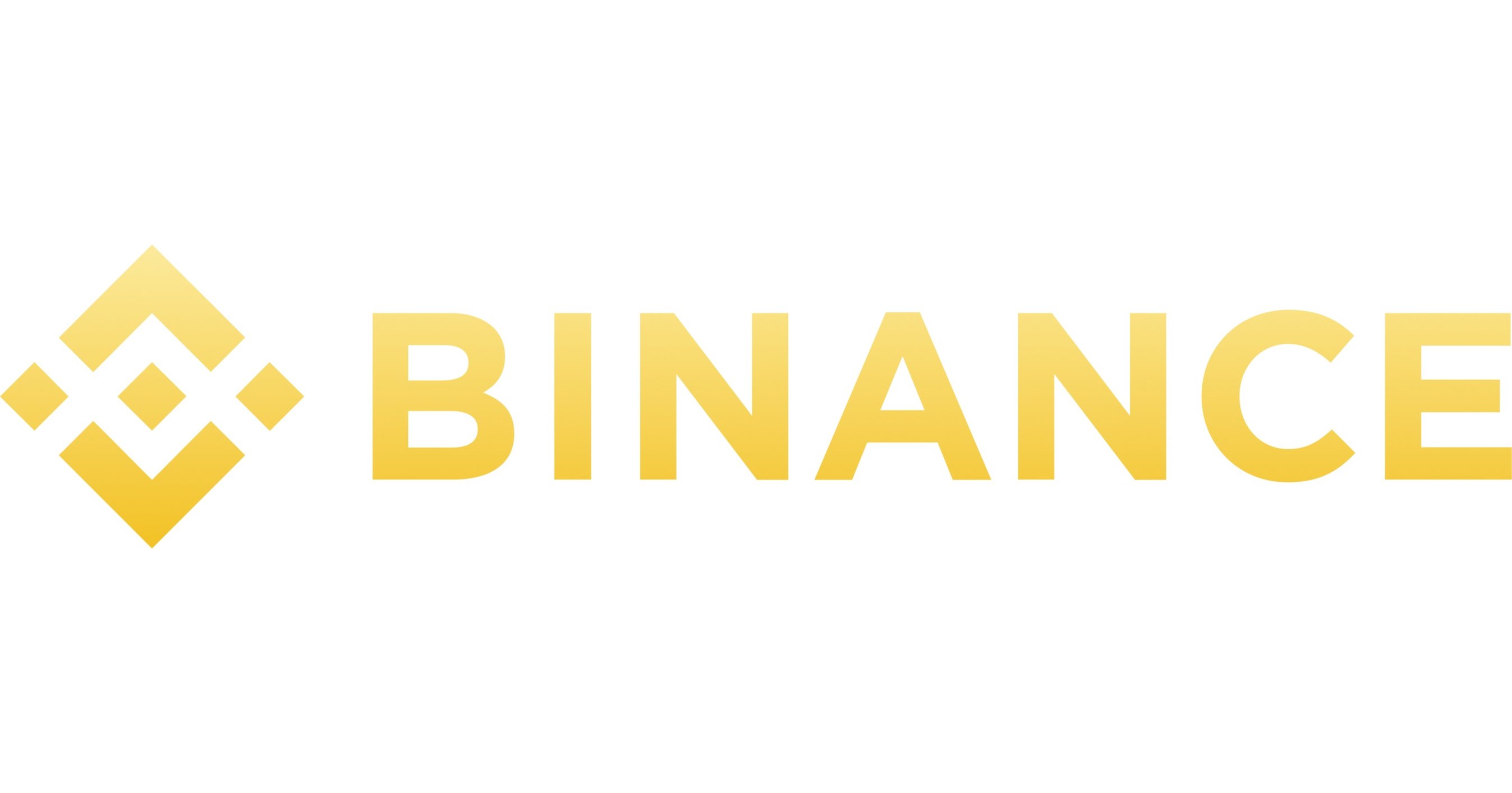Bhutan's Bet on Bitcoin

Bhutan, a nation long admired for prioritizing Gross National Happiness and environmental sustainability over traditional economic metrics, faces a confluence of challenges that are prompting innovative, if somewhat unconventional, solutions. Hampered by a persistent brain drain and burgeoning economic difficulties, the kingdom has turned to cryptocurrency in an attempt to mitigate these issues, most notably by doubling the salaries of its civil servants.
For decades, Bhutan has charted a unique course, emphasizing holistic well-being over purely financial prosperity. This approach, while laudable, has not insulated the country from economic realities. The allure of greater opportunities abroad has led to an outflow of skilled workers, threatening to undermine Bhutan's long-term development goals. Simultaneously, traditional economic sectors have struggled, exacerbating financial strains.
The decision to utilize cryptocurrency as a means to augment civil servant salaries represents a significant departure from Bhutan's traditionally conservative financial policies. While details remain somewhat scarce, the underlying strategy likely involves leveraging the potential appreciation of cryptocurrency holdings to generate additional revenue. This revenue is then channeled into salary enhancements, thereby incentivizing skilled workers to remain in the country and contribute to Bhutan's development.
This approach is not without inherent risks. The volatile nature of cryptocurrency markets means that the value of these assets can fluctuate dramatically, potentially undermining the financial stability of the initiative. Moreover, the use of cryptocurrency raises complex regulatory and security considerations. Bhutanese authorities must navigate these challenges carefully to ensure the long-term viability and security of this unconventional economic strategy.
The move reflects a willingness to experiment with novel solutions in the face of mounting economic pressures and human capital flight. The long-term success of this approach remains to be seen, but it underscores the growing recognition that innovative strategies may be necessary to address the complex challenges facing small nations in an increasingly interconnected world. The situation in Bhutan highlights the tension between traditional values and the demands of a modern, globalized economy, and the creative, sometimes risky, measures countries are willing to take to maintain stability and progress.








